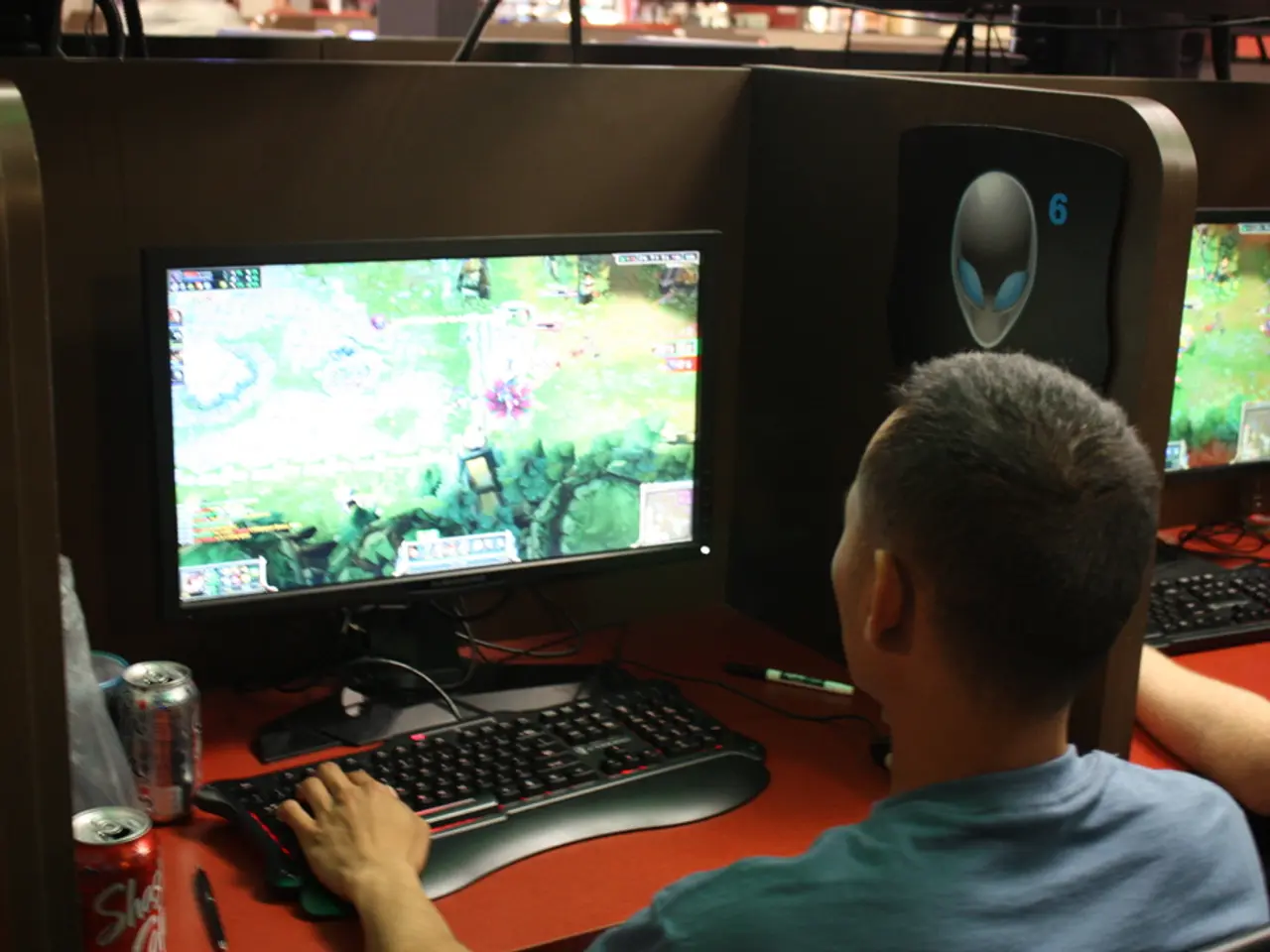Collectible Games from Gacha: Entertainment or Hidden Sinister Elements?
In the world of video gaming, a popular monetization mechanism known as Gacha has become a worldwide phenomenon. Originating from Japanese toy capsule vending machines, the term Gacha refers to the random distribution of virtual items within video games.
Games like FIFA Ultimate Team (FUT) and Genshin Impact, developed by companies such as Electronic Arts (EA) and miHoYo respectively, have embraced this mechanic. EA makes over $1 billion USD a year from digital sales, including Ultimate Team pack purchases, while Genshin Impact has significantly increased miHoYo's annual mobile revenue since its release in 2020.
Gacha games are often free-to-play mobile games that make money through players' real-world purchases. The purchase of in-game currency in these games is not a random outcome, as the amount of currency purchased is known. However, the items redeemed with this currency are not, which can lead to uncertainty for players.
The Gacha model rose to prominence in the early 2010s, especially in Japan, and has since become a worldwide phenomenon. One of the earliest examples is Zhengtu, a Chinese MMO released in 2007, which sought to recoup its costs entirely through Gacha rolls. Zhengtu generated an unprecedented $15 million USD per month within a year of its release.
However, the rise of Gacha games has also raised concerns, particularly regarding younger players. Games like Genshin Impact, rated "T" for teens, have sparked debates about minors spending money on Gacha rolls. A study published by the UK Royal Society for Public Health found that 1 in 10 minors go into debt over loot boxes, while research conducted by CQUniversity Australia showed that 93% of gamers between 12 and 24 had played a game containing loot boxes in the past year, with players between 12 and 17 spending a median of $50 a year on in-app purchases.
The current legal status of Gacha games as gambling varies by jurisdiction and depends primarily on whether their mechanics meet key gambling criteria: risking money on a chance element to win something of real-world or monetary value.
In countries like Belgium and the Netherlands, Gacha or loot box mechanics have been officially recognized as a form of gambling, requiring regulation and licenses. Singapore’s Remote Gambling Act broadly covers staking virtual items in games as gambling but explicitly excludes social games where no money or monetary equivalent can be won or cashed out. However, this law is under review to potentially include loot boxes.
In contrast, New Zealand’s Gambling Commission currently does not classify loot boxes as gambling. The UK's Gambling Commission has indicated that while loot boxes do not currently meet their legal definition of gambling, the situation remains under observation.
In some jurisdictions, companies like SEGA and developers of games like Genshin Impact have modified or withdrawn game features to comply with gambling laws, reflecting increasing regulatory scrutiny.
In summary, Gacha games are increasingly scrutinized and sometimes legally regulated as gambling when their mechanics include paying money for a randomized reward that can be monetized or traded, fulfilling gambling’s classic elements: a wager, chance, and a monetary prize or value. However, the exact legal interpretation remains jurisdiction-specific and subject to change in many regions.
It is essential for parents, guardians, and gamers to be aware of the potential risks associated with Gacha games and to make informed decisions about their gaming habits. While Gacha games can provide hours of entertainment, it is crucial to remember that they are a form of gambling, and their mechanics can lead to unintended financial consequences.
1.собственно, веб-сайт по блогу управления своим бюджетом может предоставлять рекомендации по выделению средств на обучение и саморазвитие, фокусируясь на алгоритмах Gacha и их долгосрочных эффектах в области образования и саморазвития.
2.online-образовательная платформа может предоставлять курсы по изучению тенденций и экономики в игровой индустрии, особенно в контексте глобального распространения Gacha механик в игровой индустрии.
3.активисты и защитники прав игроков могут уделять особое внимание ограничению доступа детям к gambling-играм, которые базируются на механиках, похожих на Gacha, и публиковать информацию о том, как проверить, является ли конкретная игра gambling и каковы связанні риски для игроков.




